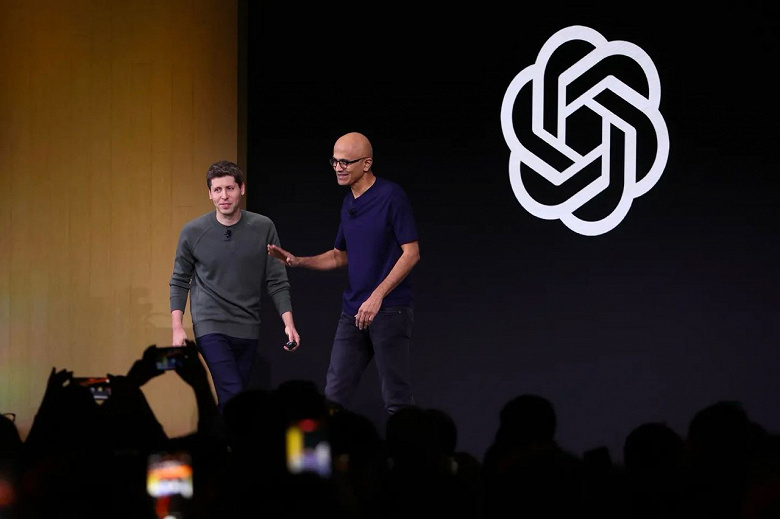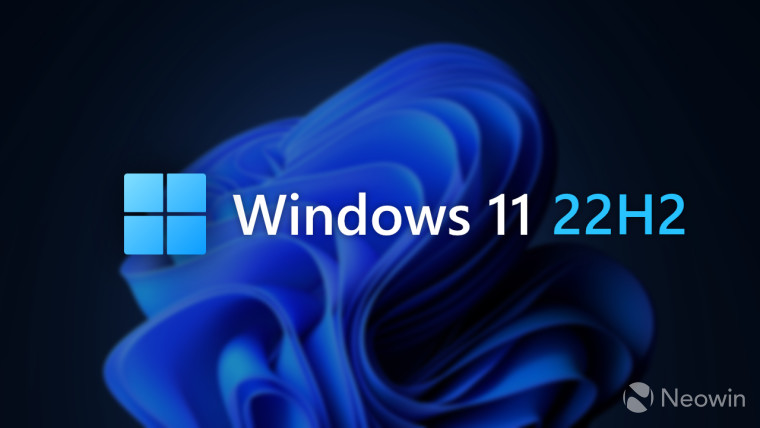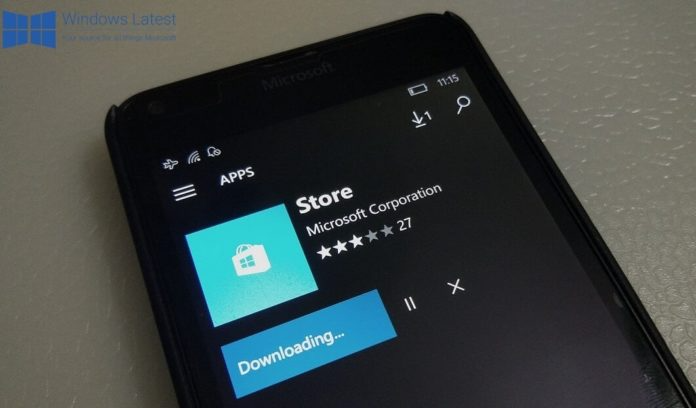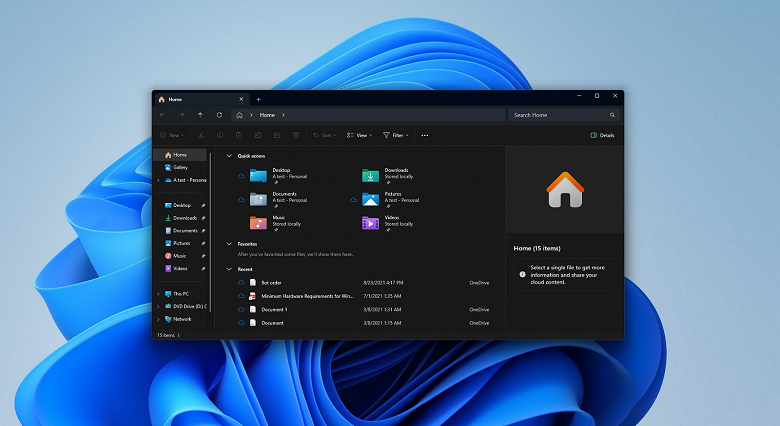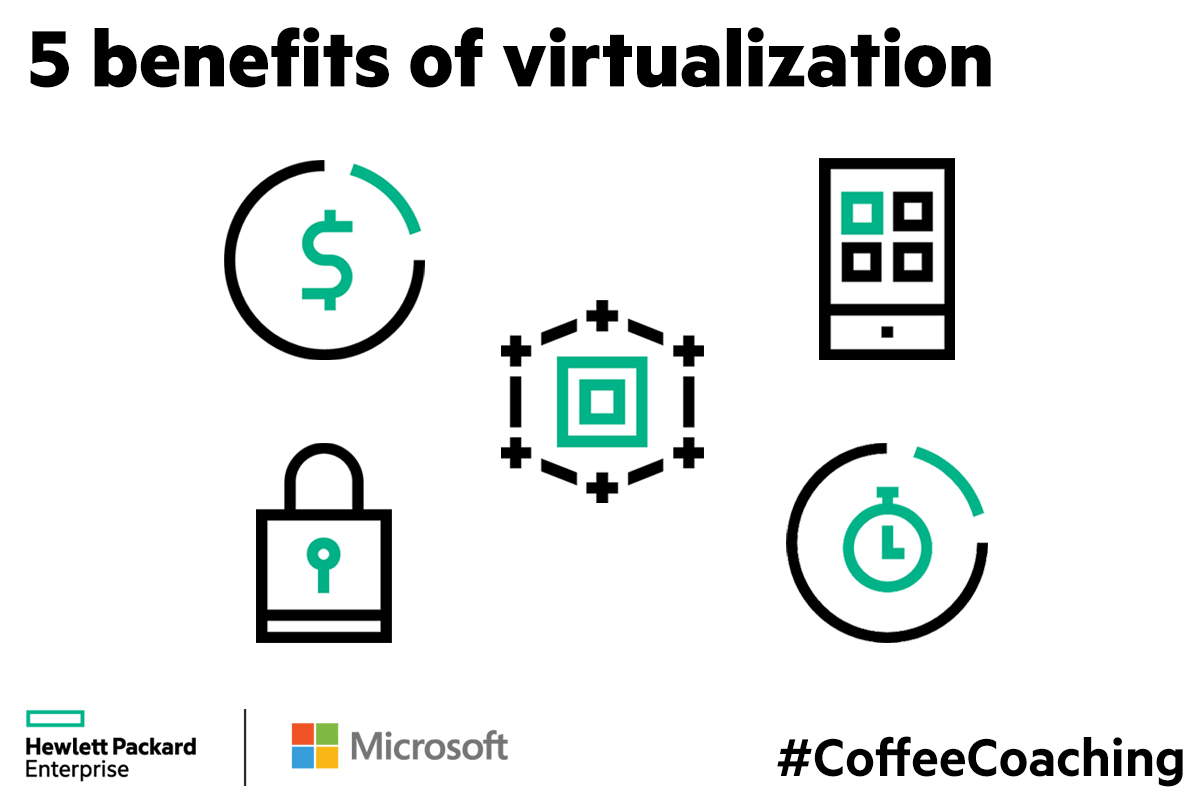SolarWinds Hack: Microsoft Reseller Steals Email and Other Azure Customer Data
The well-coordinated attack on SolarWinds’ infrastructure, which we wrote about in detail, led to the hacking of Microsoft cloud clients and theft of emails from at least one private company, according to the Washington Post informants. The breach has affected numerous US government agencies and corporate computer networks.

